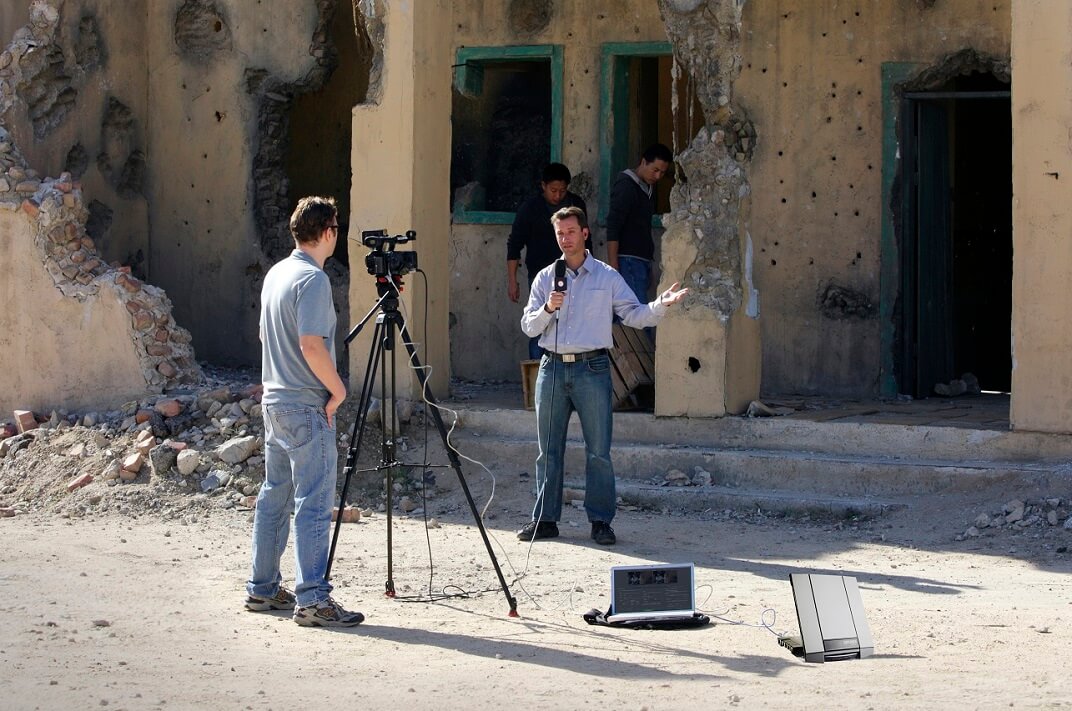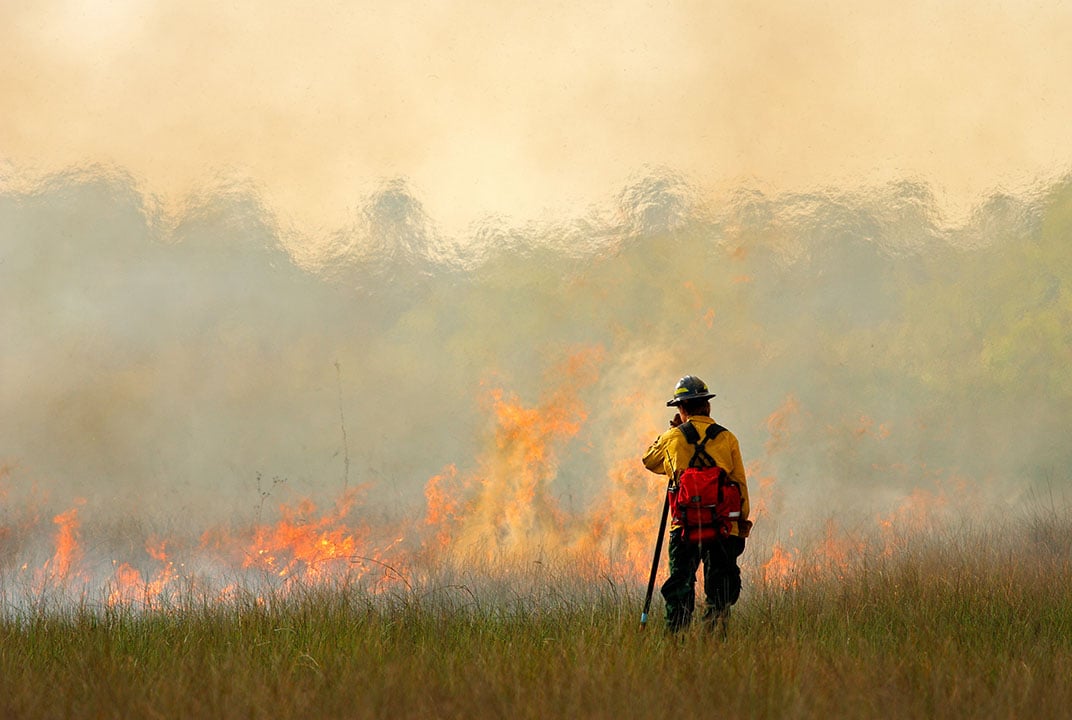Insight | Case study: BBC Media Action
Case study: BBC Media Action
null
Inmarsat supplies Global Xpress (GX) communications for BBC Media Action in Sierra Leone in charity partnership.
BBC Media Action is the BBC’s international development charity. It uses the power of media and communication around the world to help reduce global poverty and support people to understand their rights. Its programmes reach more than 200 million people a year across 34 countries, helping them to make sense of events, engage in dialogue and take action to improve their lives. One of the countries where BBC Media Action operates is Sierra Leone, where the charity produces informative TV, radio, and digital content, in partnership with local broadcasters and journalists, to tackle some of Sierra Leone’s most fundamental development challenges. Previous programmes have focused on increasing access to education for girls, countering deadly misinformation and myths during the Ebola crisis, and helping citizens to spot fake news during the recent national elections.
Sierra Leone’s younger generation is a key target audience for the charity, making its social media activity a growing priority. BBC Media Action has the largest Facebook following in Sierra Leone with over 500,000 page likes. The team has built a strong relationship with its followers, resulting in the page winning the Best in Social Media Engagement category in the 2017 African Digital Media Awards.
The challenge
Connectivity is at the heart of BBC Media Action’s work in Sierra Leone, and, as such, the organisation cannot tolerate a moment of downtime. However, the organisation’s dependence on Sierra Leone’s telecommunications infrastructure presented its staff with a number of logistical and operational challenges. All internet connections in Sierra Leone are routed through a fibre optic cable that spans the length of the country, and when the line is disrupted, so too is a large section of its communications. The available network speeds also posed a challenge for the organisation. BBC Media Action staff in Sierra Leone need to regularly upload and share content across multiple sites, but bandwidth limitations can often make this a difficult and time-consuming task, with uploads and downloads regularly taking over an hour.
Related service
The solution
When Inmarsat became a corporate partner to BBC Media Action, the goal was to devise a solution to address these connectivity issues and build greater resilience for BBC Media Action Sierra Leone’s operations. BBC Media Action also wished to increase its connection to Europe, given the weaknesses in the local communications infrastructure and susceptibility to downtime. By having a backup connection to Europe, the organisation would be able to improve its independence and operational resilience.
To tackle BBC Media Action’s connectivity challenges Inmarsat set up a high-speed Global Xpress (GX) terminal and service plan, which gives users access to high speed connectivity wherever they are.
The results
The corporate charity partnership between BBC Media Action and Inmarsat has helped the charity to have a more reliable internet connection, enabling it to share and download content more quickly and easily across multiple sites. Being less susceptible to blackouts and slow network speeds, the charity can get on with the job of conducting its life-saving work, such as encouraging prevention, testing and treatment of malaria, with fewer frustrating delays. BBC Media Action thanks Inmarsat for its support, which helps the charity to carry out its vital, life-saving objectives in Sierra Leone.
George Ferguson, Country Director, Sierra Leone at BBC Media Action said: “We create and broadcast content which helps improve people’s lives in Sierra Leone. Infrastructure support such as that provided by the Inmarsat charity partnership helps us to deliver our vital, often life-saving objectives”.
Key benefits of Global Xpress (GX) service:
- High speed: GX offers home broadband speeds on the move
- Global: provides unparalleled worldwide coverage
- Reliability: 99.5% network availability with L-band backup
- Ease of use: terminals are compact, quick and easy to set-up
- Flexible: users only pay for the data that they use


